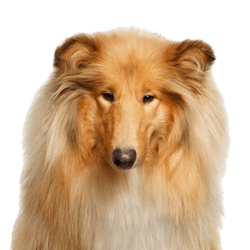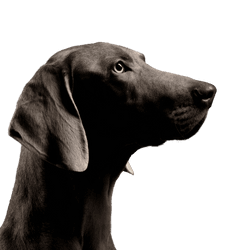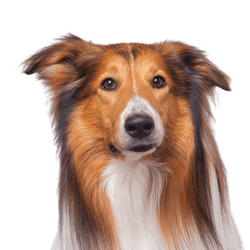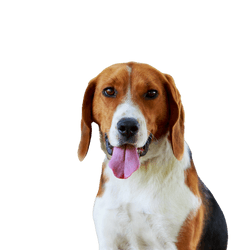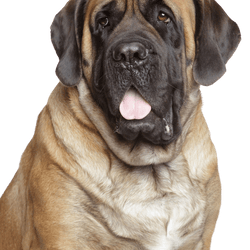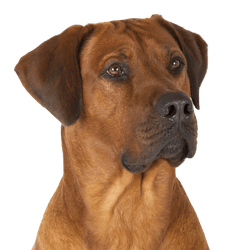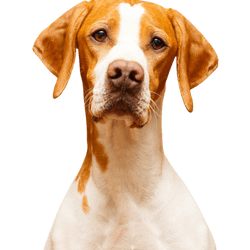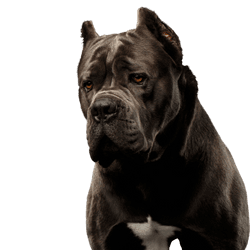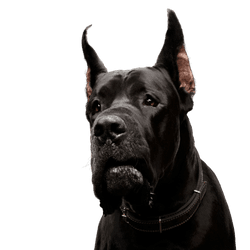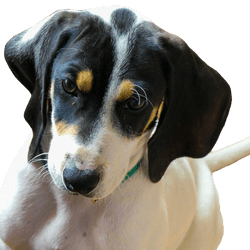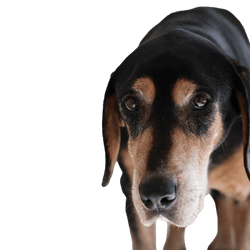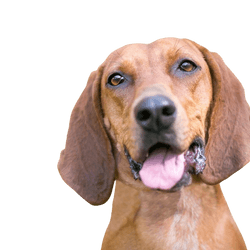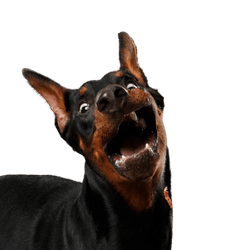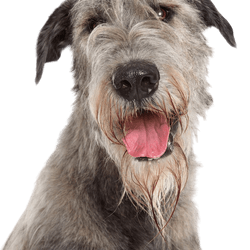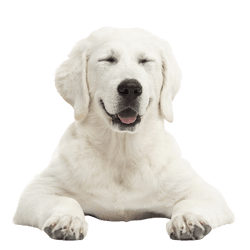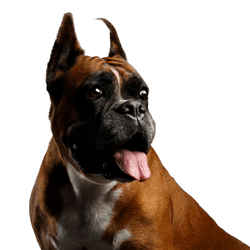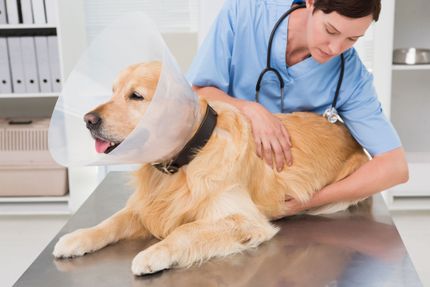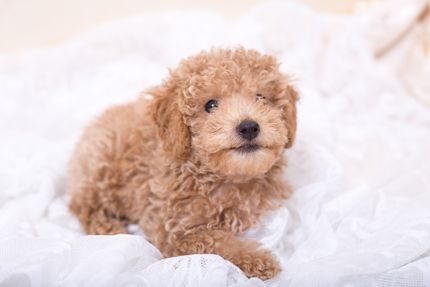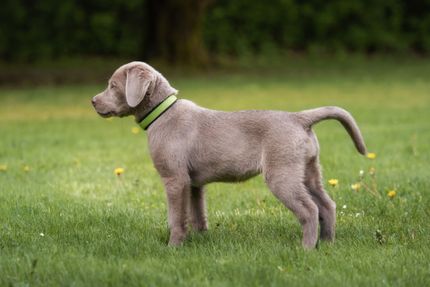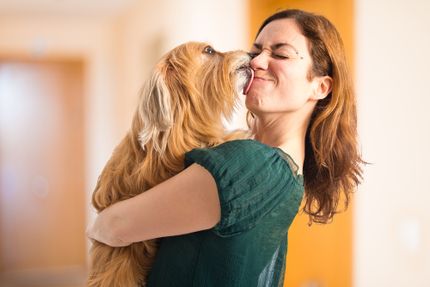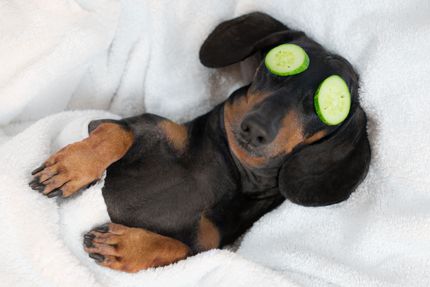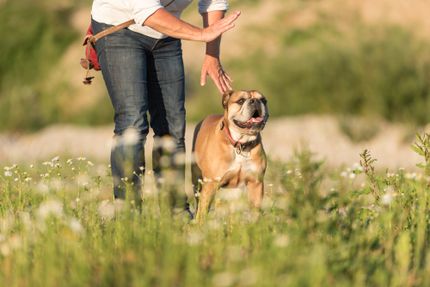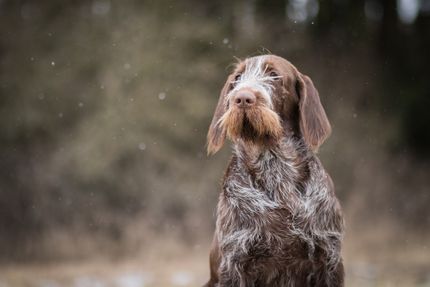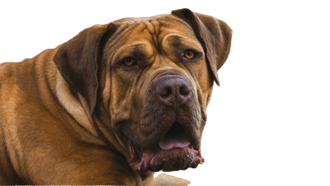
Boerboel Breed description: Character & Co
Boerboel
Facts & Origin
Origin and history of the Boerboel
The Boerboel dog is a type of Mastiff breed that originates in South Africa. In the 17th century, settlers brought large and strong dogs from their home countries with them for protection. Later, the British brought the Bull Mastiff to South Africa and by crossbreeding these different dog breeds (e.g. Great Dane, St. Bernard or Bull Terrier) a new dog breed was created which was able to compete even with large African predators and one that was up to the task of guarding and protecting the farms against wild animals and cattle thieves in this unspoilt country: the Boerboel. The breed is recognised by the Kennel Union of South Africa (= full member of the Fédération Cynologique Internationale (FCI)), but not by the FCI.
Things to know about the Boerboel
The Boerboel is not a fighting dog. However, due to its size and strength, it can become a problematic dog if not trained and guided properly. In Denmark, France and Switzerland, the keeping of this breed is forbidden or subject to strict conditions due to various dangerous incidents in the past. In Germany, each federal state has determined which dog breeds are forbidden or may be kept with restrictions. The Boerboel has not yet been classified as dangerous in any of the federal states. Nevertheless, it is advisable to ask your responsible public order office if there are any restrictions before buying.
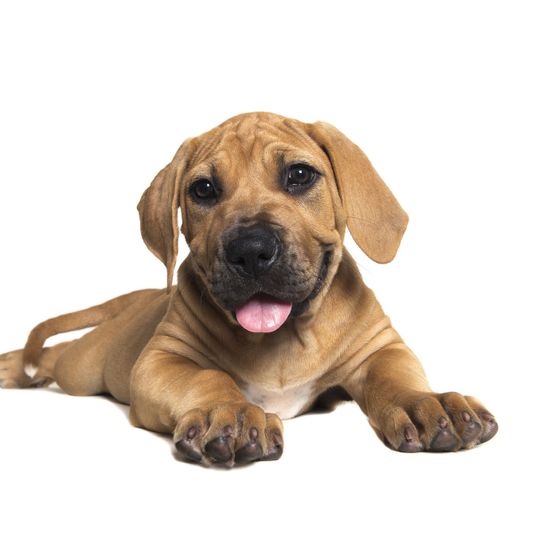
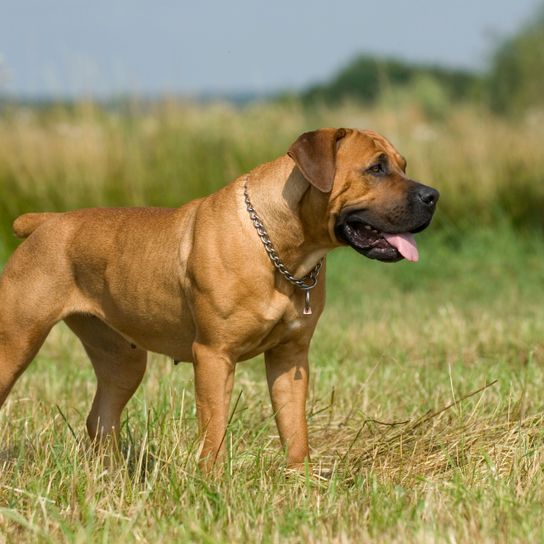
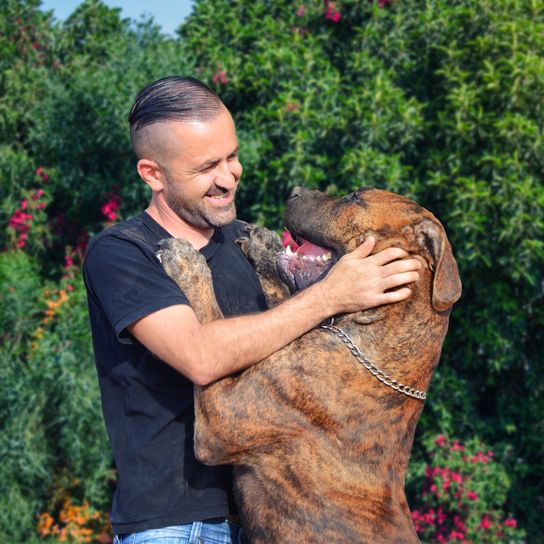
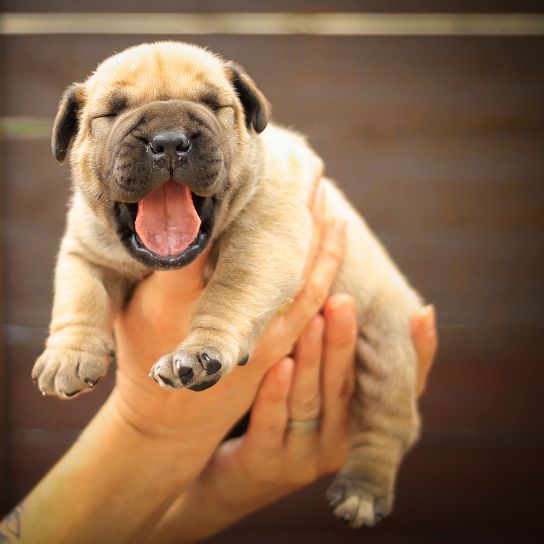
| Alternate Name | - |
| Origin | South Africa |
| Life expectancy | 10 - 12 years |
| Care requirements | low-maintenance |
| Activity level | average to high |
| FCI group | not recognised |
| AKC group | working group |
| KC group | not recognised |
Attitude, character and temperament of the breed
Attitude and character of the Boerboel
Boerboels are calm dogs by nature. They are not familiar with nervousness. Their main characteristics are self-confidence, fearlessness, courage and a strong protective instinct. They are obedient and loyal companions. The Boerboel was, is and will always be a guard dog. Nothing escapes their sense of alertness, which developed over hundreds of years of breeding. It is also able to quickly distinguish whether a visitor comes as a friend or an enemy. In the latter case, they will instinctively live up to their role as a protector and fearlessly confront any intruder. This dog is not aggressive by nature. As part of a family, they develop an intense strong bond with all family members and make lovable playmates, especially for children. Nevertheless, children should never be left unattended with this dog. The relationship between Boerboel and humans works best when it is built on honesty, trust and mutual respect. Then the Boerboel will be a loyal, obedient companion and friend throughout their lives.
The Boerboel is not a suitable dog for first-time owners.
It belongs in the hands of an experienced dog owner. This alone is dictated by its shier size and strength. If they are kept purely as a city or apartment dog without having their own area to guard, they will give little pleasure to their owner. Neighbours will also not be too fond of them. Their innate strong territorial behaviour and pronounced protective instinct completely goes against living in a city and being surrounded by a lot of people. But families in the country without immediate neighbours will appreciate the dog's qualities. An important requirement for species-appropriate keeping is an escape-proof large area, in which the dog can be an attentive guard in. At the same time, this provided it will also have sufficient space to run around in. The muscular dogs need a consequent education, training as well as a safe guidance already at an early age. Even though the Boerboel is characterised by great self-confidence and independence, he wants to please his humans. If he feels he is being treated fairly, he will also want to please his master.
Character
Usage
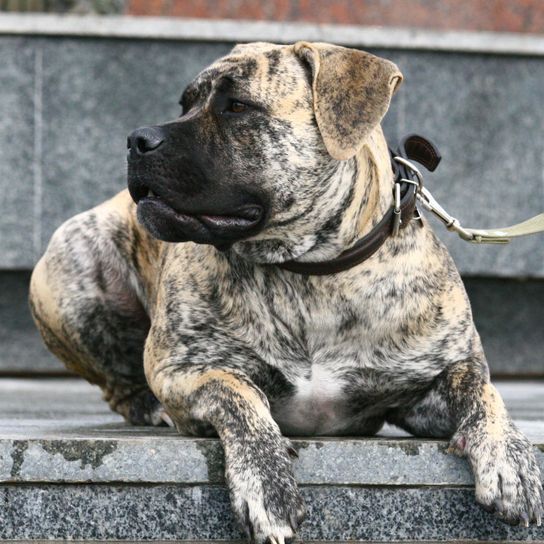

Health and breeding information
As a large dog, the Boerboel also needs large amounts of food, which should be fed in small controlled portions spread out over the day. In this way, overfeeding and overweight can be avoided. The most suitable food is high-quality dry food. This should contain all necessary vitamins and nutrients in the right composition. It is essential to let them rest after feeding, otherwise there is a risk of a life-threatening stomach torsion. The dog should also not be disturbed while eating. Special puppy food with a low protein content (under 25 percent) is available for Boerboel puppies. This is due to the fact that the already rapid growth of the Boerboel must not be promoted with high-energy food. Too fast growth favours the development of joint diseases, especially in large dogs.
Typical diseases of Boerboels
The Boerboel has a predisposition for:
- Hip dysplasia (HD)
- Elbow dysplasia (ED)
- Vaginal prolapse (uterine prolapse)
The first two diseases listed above can be counteracted with appropriate nutrition. Since both diseases are often hereditary, everyone who wants to buy a Boerboel puppy should have HD and ED examinations of the parents shown beforehand. Serious breeders will have no objections to this. There is no sensible prevention against a prolapsed uterus, as this disease is usually caused by a weakness of the connective tissue. This often occurs after giving birth. In mild cases, pelvic floor training is helpful. In severe cases only surgery can help, in which the uterus and ovaries may be removed.


The muscular body of the dogs is covered by a short, dense shiny coat.
The coat of the Boerboel Mastiff
The coat colours can vary in all shades from
- Red,
- Brown to
- Yellow (fawn).
According to the breed standard also brindled dogs are allowed. A dark mask is permitted for all varieties. The males have a withers height of 61 to 72 cm (ideal is 66 cm) and a weight of 45 to 70 kg. Bitches reach at least 55 cm in height (ideal is 61 cm) with a weight of about 45-55 kg. The life expectancy is 10-12 years.
The smooth, fine coat of the breed doesn't require extensive grooming. Occasionally brushing them lightly is sufficient.
| Fur length | short |
| Fur | flat coated |
| Ear shape | Triangle |
| Tail | lang |
| Anatomy | muscular, massive, strong, square, hefty |
| Size ♀ | 59 - 65 cm |
| Weight ♀ | 50 - 65 kg |
| Size ♂ | 64 - 70 cm |
| Weight ♂ | 65 - 90 kg |
| Suitable For | - |
Colors
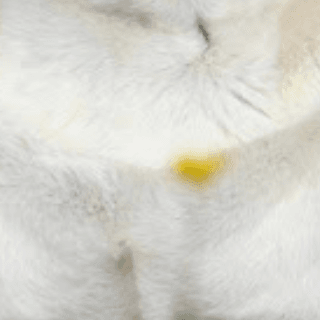
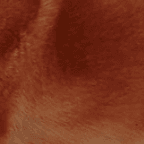
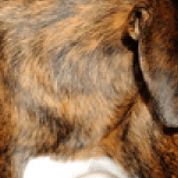

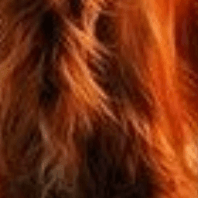
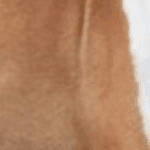



Known Diseases
Hip dysplasia (HD)
The hip dysplasia or hip joint dysplasia of the dog (HD) is a maldevelopment of the hip joint.
Cruciate Ligament Rupture
Often affects breeds with a lot of weight.
Gastric torsion
Gastric torsion is a disease in which the stomach rotates around its own longitudinal axis. The cause of the disease is not known.
FAQ
-
Yes, the Boerboel is considered a dangerous dog breed and is on the list in some countries. Some therefore refer to it as a fighting dog. The reason why it is on the list is because it has a potentially enormous bite force of up to 800 PSI. Thus, it is one of the strongest dog breeds, in terms of biting power.
-
A lion dog refers on the one hand to dogs that have a lot of long, golden fur around the skull and thus resemble lions, and on the other hand to dogs that have hunted lions, especially in Africa. In colonial times, such dogs were mainly used in Africa or South Africa to help with the hunt.
-
Boerboel puppies cost about 1300 Euro.
Other large dogs
Useful Articles
You can find articles that might interest you in the dogbible blog to match your favorite breed.
Visit our magazineto stay up to date on dog trends.
To find out more, view our Privacy Policy
Find here the breed that suits you and find out what character traits it has. Here you can also learn more about the origin, size and weight of your favorite breeds.
Matching your favorite breed, you'll find articles that might interest you on the dogbible dog blog.
Cute dog breeds you need to meet
Dog law in North Rhine-Westphalia
5 tips for removing the undercoat of a dog
Holiday with dog Baltic Sea - these tips you should know in advance!
